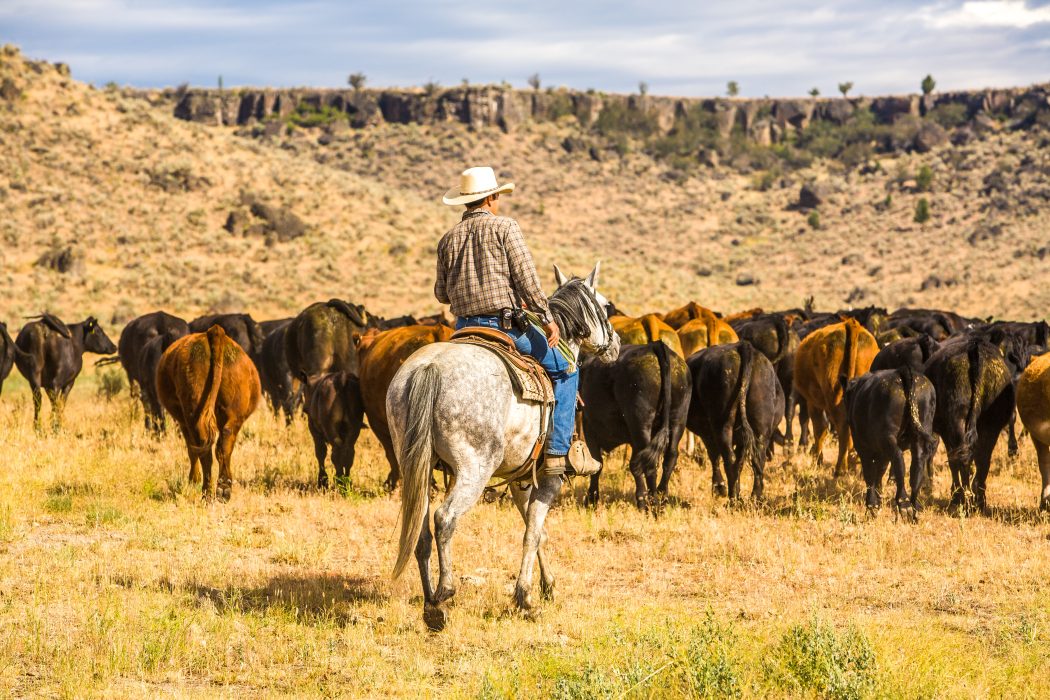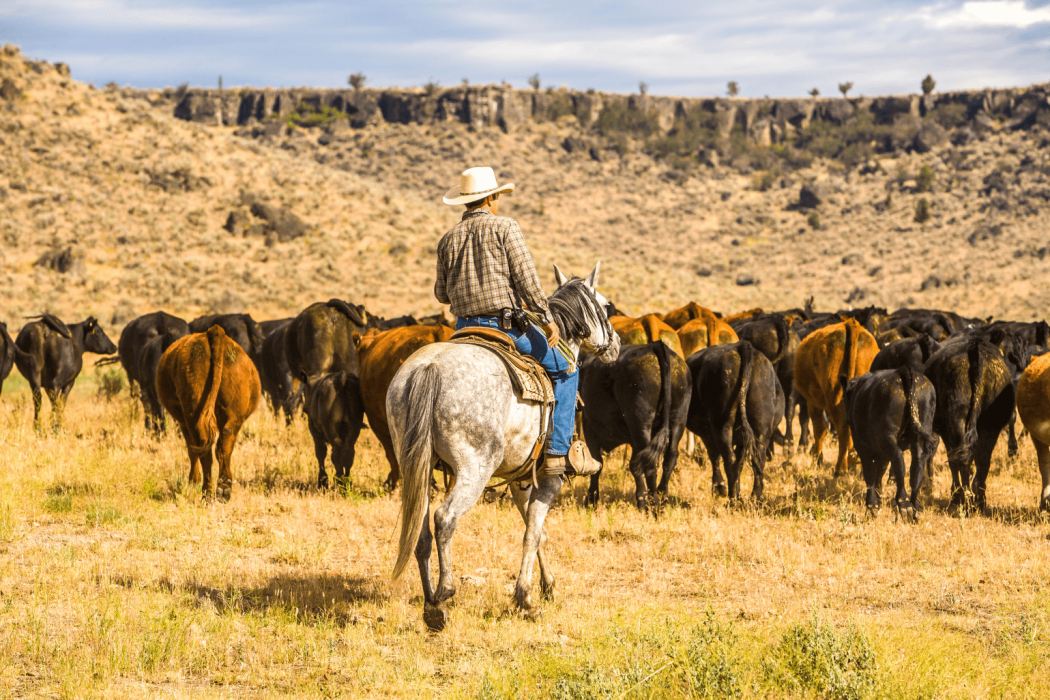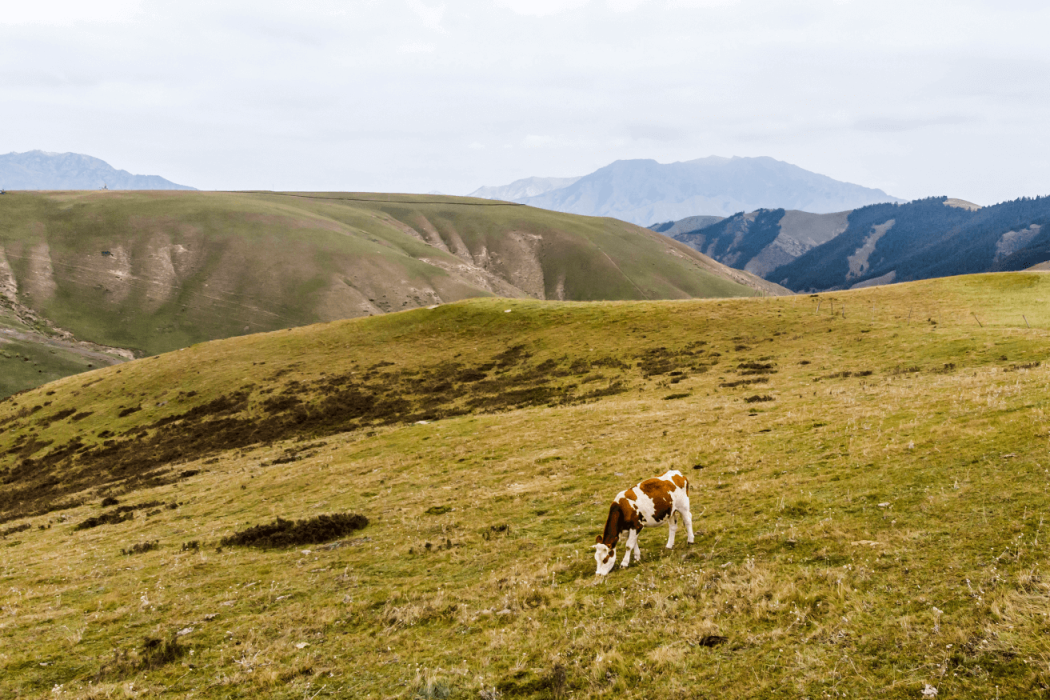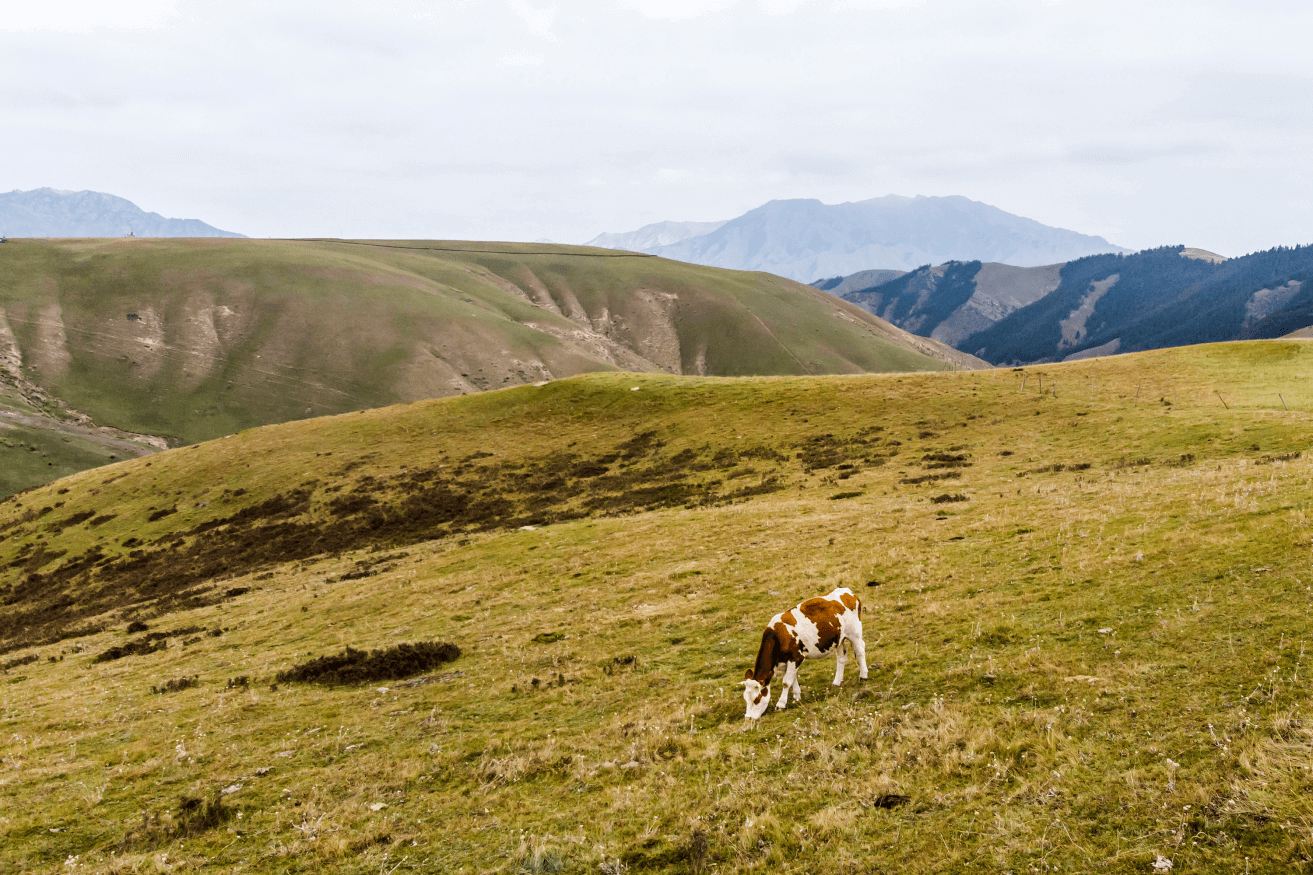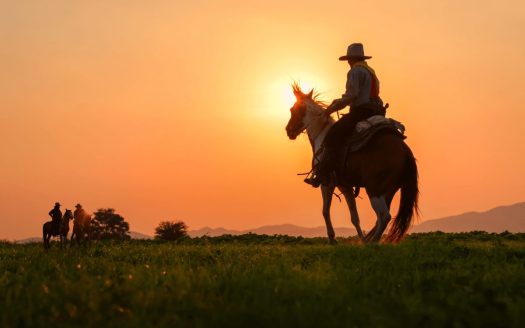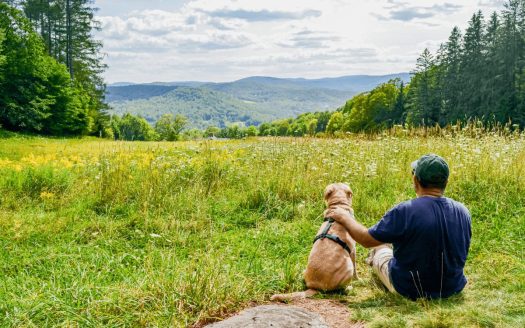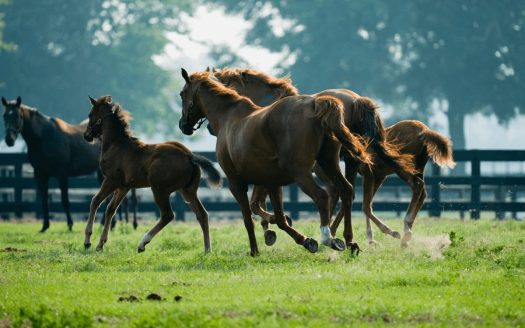Land Buying Checklist You Can Use for Your Ranch – United Country Real Estate
More and more people are considering buying land where they can invest in rural recreation and production. A vacant land can give you many opportunities: you can turn it into a ranch, a land to build your house on, or further commercial development for your business.
Purchasing land can be very stressful and overwhelming. If you want to buy vacant land for ranching, you need to go through the same process of buying any type of property: talking to a real estate agent, taking into consideration development costs, legal and physical access, local laws, and even property taxes.
To help lift the weight off your shoulders, this land buying checklist outlines the key highlights and key factors to consider when you want to buy a ranch:
- Know your goals
- Know all information about the land
- Ask local experts
- Know the current condition of the market
- Know what to improve or add in the property
- Know local codes and restrictions
- Set a realistic budget
1. Know your goals and your why
Investing in a ranch is a huge investment. You cannot make a mistake because your money is at stake. The very first step to making your rural land purchasing a success is to know your short-term and long-term goals.
Know your answer to the following questions:
- Are you a farmer or rancher looking to expand your current operations and production?
- Are you looking for a property that can be used for recreational purposes?
- Are you planning to purchase the land purely as an investment?
- Will you be responsible for farming the land?
- Will the land be farmed by a tenant?
- Do you plan to negotiate a cash rent or crop share agreement?
- Will the land be custom farmed?
If you know the answer to these questions, you will be able to identify what type of rural land or ranch you will need, and meet the management needs of the ranch.
2. Know all the available information about the land
Owning land is not that simple. Check online records available that contain specific information such as
- Spatial and geographic data
- The land’s current assessed value
- The classification of the different parts of the land used for crops, pasture, or those that are not being used
- History of real estate taxes
- General weather conditions in the area including annual rainfall
- Access to the land from a public road
- Drainage condition of the land
- Presence of obstacles that could prevent future changes
- Comparable properties that have been recently selling similar to the rural property
- The price trends and land values
- Average cash rental rates in case you consider renting out the ranch
You can check online resources like the local county assessor’s website, the natural resources district website, Google Earth Aerial images, and realtor and auctioneer websites such as Auction.com. You can also get additional information from local government institutions.
3. Ask local experts for important information
Another good resource for information about the ranch that you plan to purchase is local; experts. Ask individuals in the community who are using their land the same way you plan to use yours.
If you are planning to develop the land into a ranch, you should be able to know these details:
- Tillable acres
- Map of soil types and ratings
- Soil fertility
- Water and mineral rights
- Easements to adjoining property like driveways, railroads, or buried natural gas lines
- Historical yield information
- Tile and field drainage maps
- Existing sources of water and their current condition
- Cross fencing
- Presence of catch-pens or corrals on the tract
- The stocking rate of the previous tenant, if available
- Outbuildings and their current condition
Get a rough assessment of the features present in the ranch that contribute to the overall value of the land. This will help you know if the ranch is worth investing in.
Do not be afraid to be very specific when you are asking for information, especially on important aspects and factors mentioned above.
4. Know the current condition of the market
It is wise that before you dive into owning a ranch, you know the current condition of the rural estate market. This will prevent you from making an over-priced purchase of a property that could have many problems.
Take note that an expensive price tag will not always mean that you are getting the best property. Tim Knesek, senior vice president of Capital Farm Credit said:
“Remember that the listing prices are simply what people are asking for the properties. These prices don’t always reflect what properties are selling for.”
Talk to an expert local realtor who can explain clearly the state of the rural estate market, so you can get the best deal when you purchase a ranch. You should know from your realtor the most recent comparable sales in the area.
An expert realtor should be able to explain the trends in ranch purchases and give you advice on what you can expect and the best deals available.
5. Existing improvements
Make sure that when you purchase a ranch, you know what the purchase includes.
Is there infrastructure that adds value to the property?
Will you need these structures?
When there are existing barns, camp houses, and other improvements that align with achieving your plan for the property, this will save you a lot of money from needing to build new infrastructure.
6. Know local codes and restrictions
You may be planning to subdivide the ranch that you will be purchasing. An important aspect that you should know to be able to take this step once you have the ranch named for you is the county subdivision laws and possible extended territorial jurisdictions of surrounding municipalities.
Know if there are restrictions that could hinder you from taking another step forward in developing the land you will be buying. Likewise, a solid understanding of local laws will help you be able to sell your property in the future, if that time comes.
7. Set a realistic budget
After determining all the above considerations when you want to purchase a ranch, you will also need to set a realistic budget for the ongoing cost of maintenance and improvements.
Be prepared for what you will need to shell out so that you can turn the ranch you purchased into what you dreamed it would be. Make a solid plan so that you will know how much you will be spending on improvements and maintenance.
Buy Vacant Land for Ranch the Easy Way
There are many other considerations that you should look into and do some more research on that are not included in this land buying checklist. Know all that you can about the ranch, including insurance, lease term, land stewardship, and many more from local and online resources.
Buy land with ease at United Country Real Estate!

